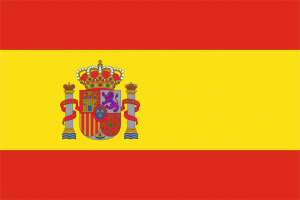The bacterium Xylella fastidiosa (Xf) is one of the most threatening plant pathogens in the world and can colonise more than 650 plant species. It disrupts the stream of water and mineral nutrients in the xylem vessels (conducting channels in the wood) of host plants, which is the reason for the name “Xylella”. The adjective “fastidiosa” is due to the difficulty of isolating and culturing it in vitro. Several species of xylem sap-sucking insects, mainly “spittlebugs”, are known to be vectors of the bacterium.
The bacterium was discovered for the first time in grapevines affected by the Pierce’s disease, a harmful grape disease described in California by Newton Pierce in 1892. But it is well known as the causal agent of important diseases in a wide range of them, such as grapevine, almond, oleander, orange, peach, citrus, coffee, avocado, olive tree, and oak
Xf is a “special observed” pathogen in the EU. The Union includes it in the priority list of the most threatening plant pests. In October 2013, for the first time in the EU and in the Mediterranean Countries, scientists reported the presence of Xylella fastidiosa on olive trees in Puglia, southern Italy. Since then, surveillance has led to the discovery of outbreaks in regions of France, Spain and Portugal.
BeXyl is an EU-funded research project aiming to secure and exploit the research outcomes achieved by advancing and transferring into practice the most promising prevention and containment strategies.
This is a four-year’s project started in 2022 and will end in 2026 financed by the EU under HORIZON.2.6. with about 7 million euros. The project brings more than 40 participants: research institutions, government agencies, nurseries and farmer’s associations, NGOs, and “operational groups” of the EU-funded European Innovation Partnership, participate in the project
For more information, please visit the project web page at http://www.bexylproject.org
















